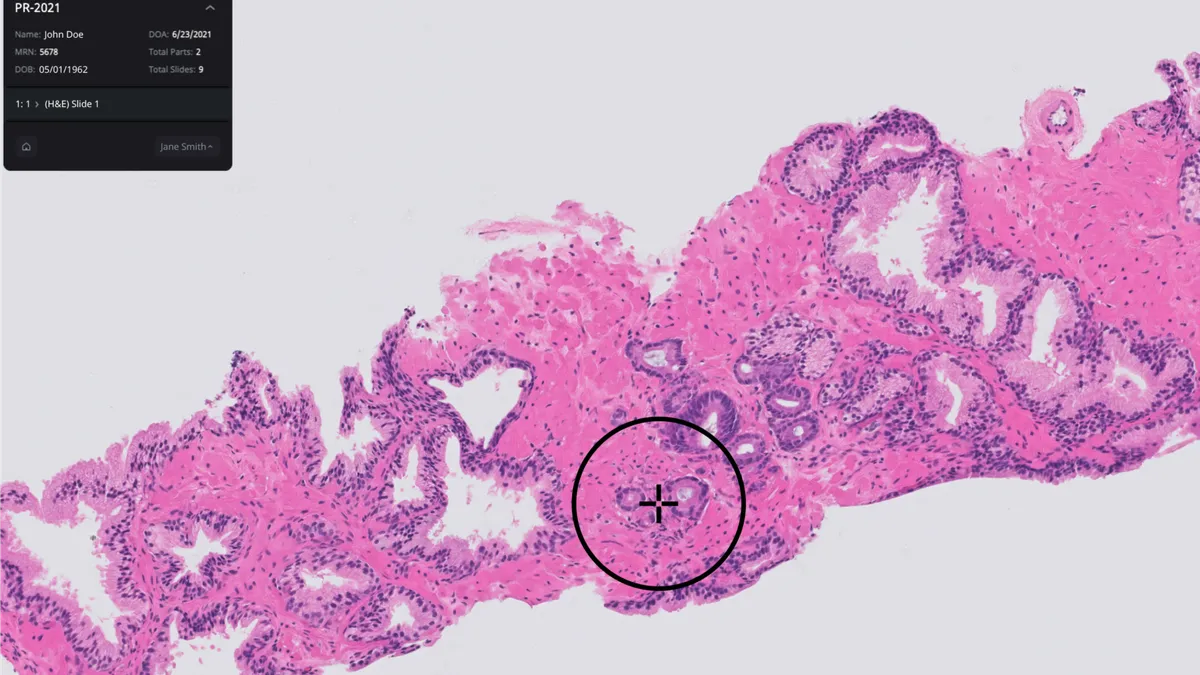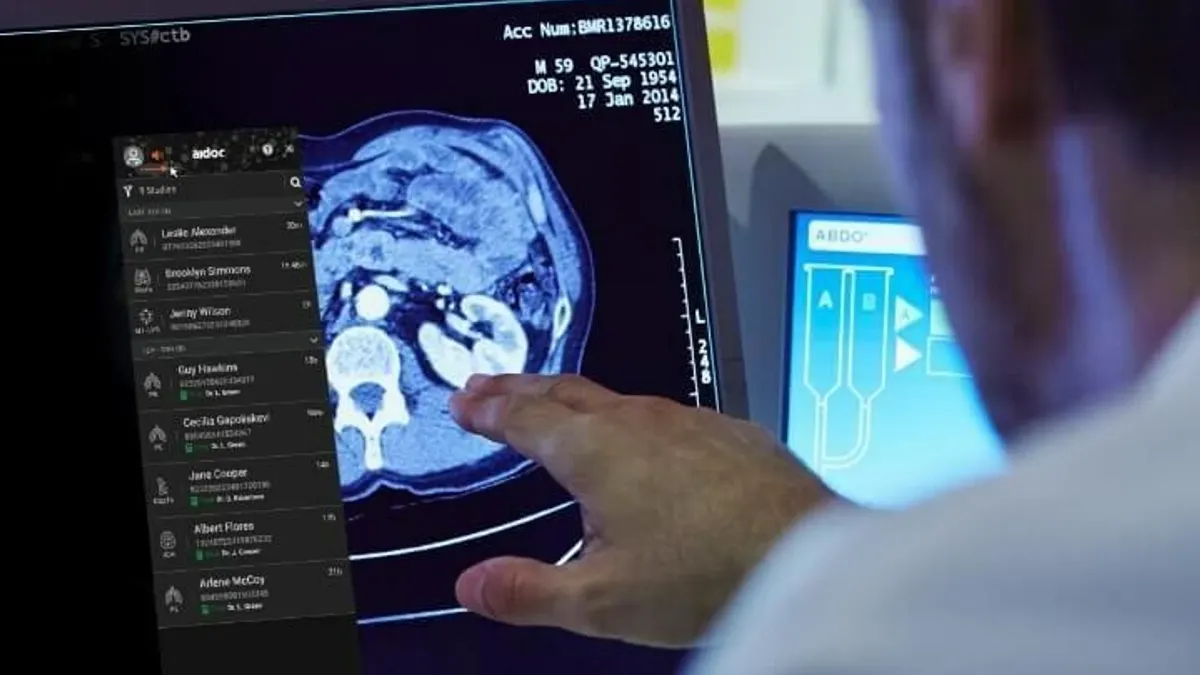Liquid biopsy developers feature heavily in the latest round of FDA breakthrough designations, with Natera, Inivata and Bluestar Genomics all securing the status for their blood-based cancer tests.
Natera disclosed two breakthrough designations for its Signatera molecular residual disease (MRD) test. The designations provide a boost to Natera’s efforts to develop the circulating tumor DNA test through phase 3 trials as a companion diagnostic to two cancer medicines.
Texas-based Natera framed the FDA designations, which bring the number of Signatera breakthrough statuses up to three, as a reflection of progress in its cancer biopharma business. The unit has signed $65 million in contracts over the past year. Natera is yet to win FDA approval but it performs the test as a CLIA-certified laboratory.
Liquid biopsy rival Inivata secured breakthrough designation for its MRD test. The designation covers the use of its RaDaR assay in the detection of MRD in early-stage cancer patients. The test tracks up to 48 tumor-specific variants to detect residual disease after treatment and quickly spot relapsing patients.
FDA also granted a breakthrough designation to Bluestar Genomics' noninvasive pancreatic cancer detection test for use in patients with new-onset diabetes. The test analyzes blood samples for signs of an abnormal epigenomic and genomic signature associated with pancreatic cancer, specifically for methyl-cytosine oxidation of 5-hydroxymethylcytosine (5hmC).
Bluestar Genomics' research suggests changes to 5hmC may enable identification of pancreatic cancer from blood samples during the early stages of disease. Currently, pancreatic cancer is often diagnosed too late for patients to receive curative treatments. Bluestar Genomics is running a clinical validation study of the pancreatic tumor test while working on a multi-cancer diagnostic that will put it in competition with companies such as Exact Sciences and Grail.
Orthopaedic products also feature prominently in the latest set of breakthrough designations. Premia Spine landed a breakthrough designation for its TOPS facet arthroplasty system. The facet joint replacement system is designed to relieve lower back and leg pain suffered by patients with spinal stenosis or spondylolisthesis while also improving their mobility and stability.
Premia's TOPS could become the first FDA-approved facet joint replacement system for the lumbar spine. The Connecticut-based medtech company is running a pivotal trial of the system to validate early clinical evidence it can provide fast pain relief and sustained quality of life benefits.
Empirical Spine also received a breakthrough designation from FDA. The designation covers LimiFlex Paraspinous Tension Band, a device intended to provide an alternative to spinal fusion for grade 1 lumbar degenerative spondylolisthesis patients with spinal stenosis who are receiving surgical decompression.
LimiFlex, which features no screws or bone grafts, is designed to preserve motion by stabilizing, but not fusing, the spine. Empirical sees the less invasive and shorter surgery, reduction or elimination of hospitalization, improved patient quality of life and superior outcomes as the key potential benefits of its system.
Sparta Biomedical picked up the other recent orthopaedic breakthrough designation, landing the FDA status for its replacement for damaged knee cartilage. The device, SBM-01, is intended for use in patients with single or multiple chondral or osteochondral defects. SBM-01, which is administered in a minimally invasive procedure, is designed for patients with persistent knee pain and reduced mobility despite conservative care, but are too young to undergo a total knee replacement.
FDA also recently awarded breakthrough designations to two cardiovascular disease devices. Tempus picked up the status for an ECG analysis platform developed in collaboration with Geisinger Health System. The technology analyzes 12-lead ECG readouts to determine if a patient is at increased risk of developing atrial fibrillation or atrial flutter in the next year. Early detection of the conditions could lead to improved care and, by extension, reduced risk of complications such as stroke.
The other breakthrough cardiovascular disease designation went to Berlin Heals for its implantable Cardiac Microcurrent Therapy Device (C-MIC). C-MIC is designed to treat heart failure by delivering a constant, low-level electrical DC-current via two electrodes. Berlin Heals, which has already begun a clinical trial in Europe, plans to file to run a study in humans in the U.S. this year.
Finally, NeuroPace received a FDA breakthrough designation for its RNS System in the treatment of idiopathic generalized epilepsy. The device is already approved in the treatment of drug-resistant focal epilepsy with no more than two epileptogenic foci. The breakthrough status furthers NeuroPace's efforts to expand the label to cover more epilepsy patients.




















